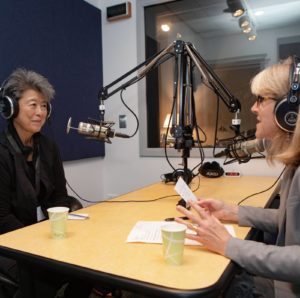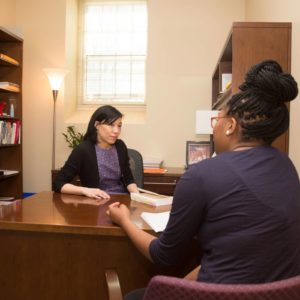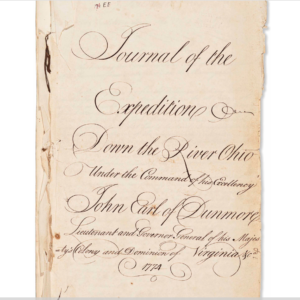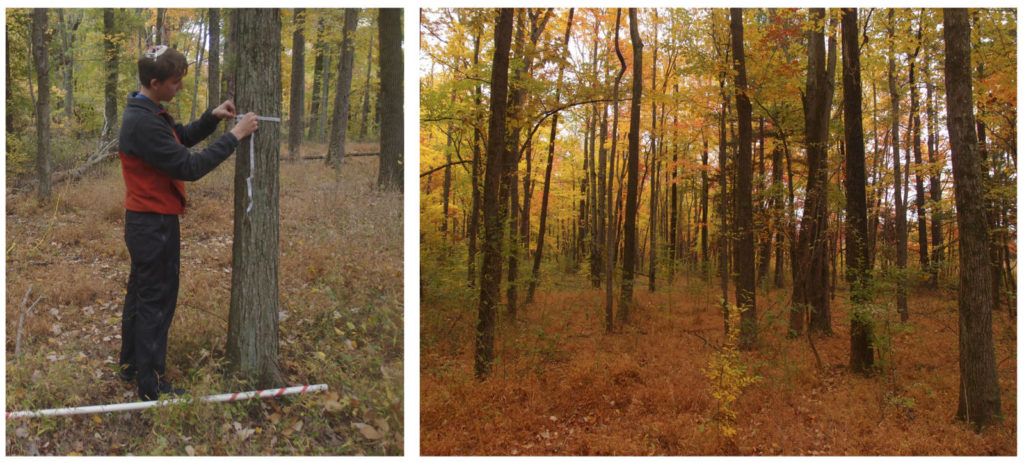This winter, for our seasonal series entitled “Professorship and Mentorship,” PCURs interview a professor from their home department. In these interviews, professors shed light on the role that mentorship has played in their academic trajectory, including their previous experiences as undergraduate and graduate students as well as their current involvement with mentorship as independent work advisers for current Princeton undergraduates. Here, Alec shares his interview.
~~~~~
Princeton takes great pride in its focus on undergraduate independent work, and the expectations of original research and mentorship define the academic experience of juniors and seniors. However, everyone has their own model for mentoring and their own ideas of what undergraduate research should focus on. As part of our Winter Seasonal Series, I interviewed Geosciences Professor Frederik Simons to understand the role of mentorship in his life and share his perspective on undergraduate research at Princeton. I know Frederik from our many conversations in the GEO department and I took his class GEO 422: Data Models and Uncertainty in the Natural Sciences. He is the second reader for my independent work.
Mentorship is a state of mind… You need to get into someone’s mind and understand their perspective. If you see someone who is distressed or struggling, help out a little bit.

What role has mentorship played in your career, and what role does it play in your life now?
I was blessed with mentors throughout my career, a willingness to listen to advice, and the audacity to ignore it. I experienced mentorship in the form of many people looking out for me; it’s essentially about providing opportunity. Mentorship is lifelong; you are still being taken care of by other people whatever you achieve. Now I try to teach undergraduates what I think they should know and connect graduate students with opportunities.
Mentorship is a state of mind. ‘Mentor’ is from the Latin ‘mens’ for mind. You need to get into someone’s mind and understand their perspective. If you see someone who is distressed or struggling, help out a little bit. I have always enjoyed explaining stuff and helping out; it makes me feel good.









